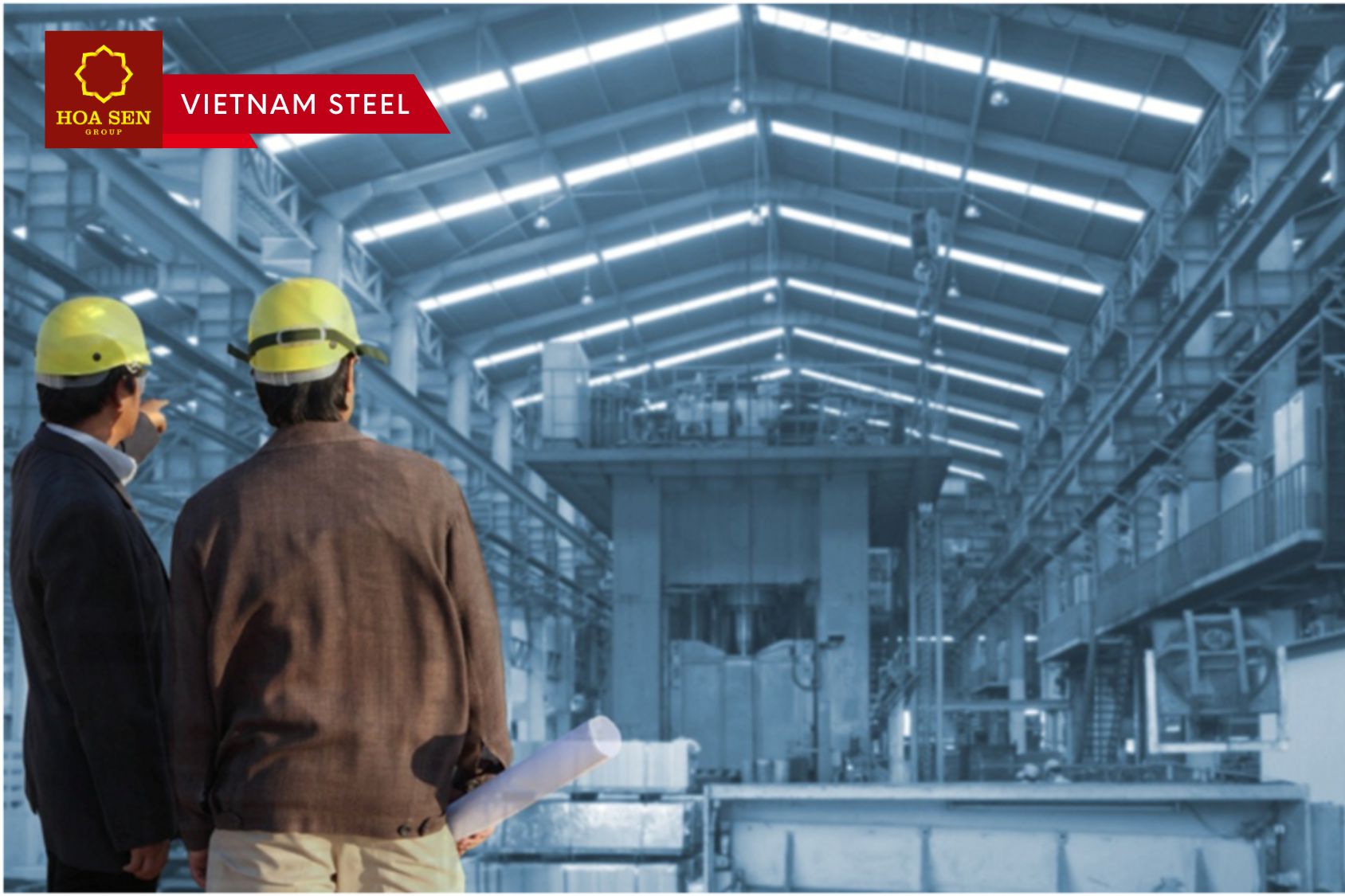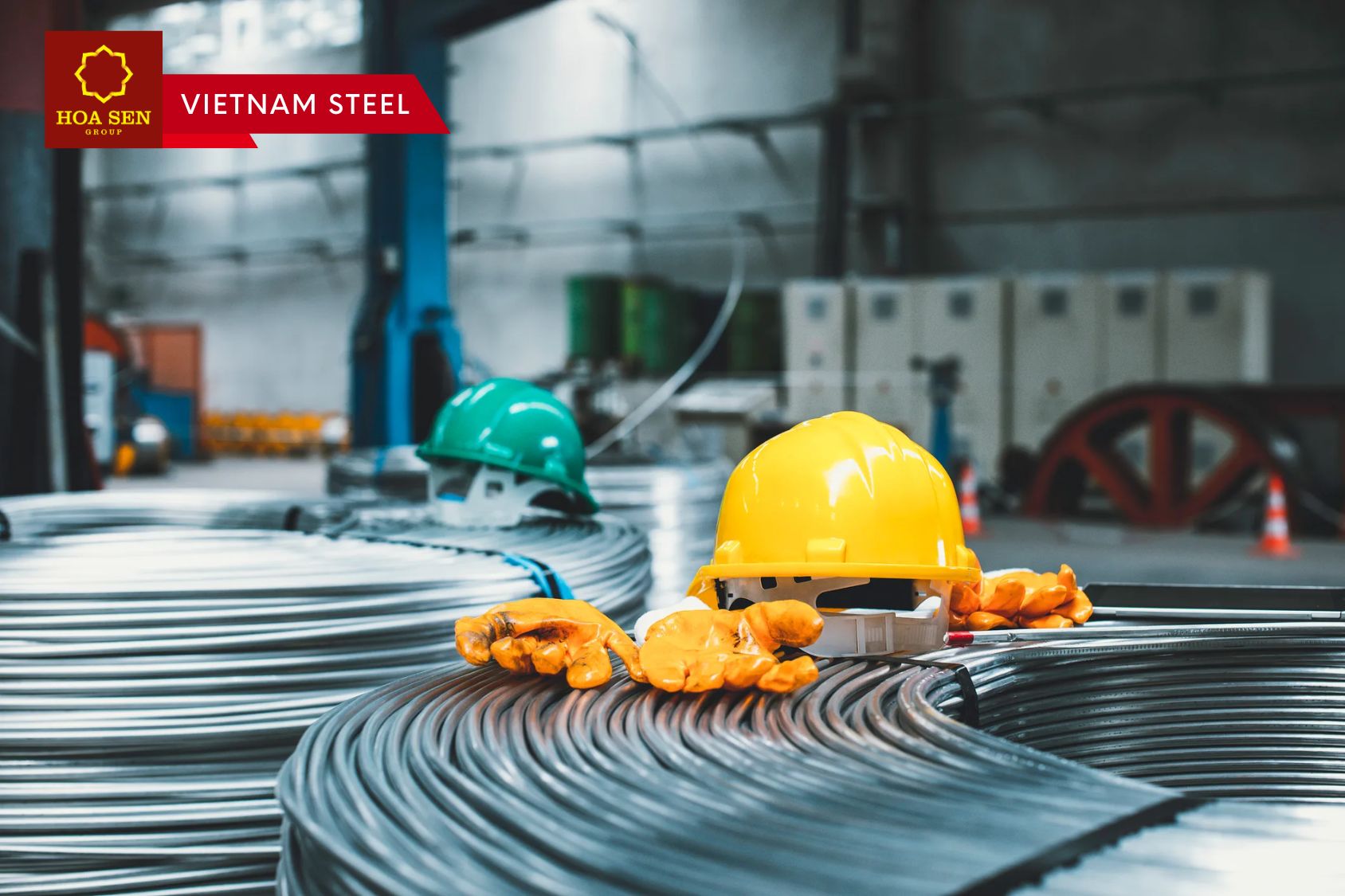The European steel industry faces significant challenges due to increasing international competition and the stringent environmental regulations imposed by the EU. In this context, the Italian steel sector, known for its sustainable practices, must balance opportunities and threats. The annual assembly of Federacciai, the Italian federation representing steel companies, held in Vicenza on September 26, provided an important platform to discuss the strategies needed to ensure the future of the sector. Antonio Gozzi, president of Federacciai, outlined the main challenges for the Italian steel industry, focusing on two key issues: energy and scrap. Mr. Gozzi expressed concerns regarding EU environmental policies that could harm the sector without adequate planning. He criticized Europe's decarbonization policies as "ideological and sometimes extremist," explaining that "a more pragmatic and realistic European approach to decarbonization would allow the continental industry to look to the future with more confidence." He specifically expressed strong doubts about the opening of new electric furnaces in Italy without a clear strategy for scrap procurement, which is an essential raw material for steel production. He called for avoiding exports of scrap to countries with less stringent environmental regulations, putting the competitiveness of Italian steel at risk: "We have been trying to prevent this absurd situation since 2014, but we have not succeeded yet," he stated.
Furthermore, Gozzi highlighted the importance of closing the competitive gap with countries like Germany and France by proposing solutions such as the Energy Release, which aims to provide renewable energy to Italian steel industries, and the import of renewable energy from Tunisia through a new cable expected in 2028. He also mentioned a potential direct reduction iron (DRI) production facility in collaboration with the Brazilian company Vale, further contributing to the transition toward decarbonization.
Gozzi also emphasized the need to tackle energy cost challenges to improve the competitiveness of the steel sector: "Italian industrial companies pay electricity prices that are systematically higher than those of competitors in other European countries," a disparity that continues to represent a significant obstacle, he said.
In his speech, Gozzi made an appeal to young steelworkers, encouraging them to continue on the path of innovation and investment, which are crucial for the future of the sector, and to never lose their passion for the factory and the trade.
The manufacturing sectors
In addition to steel, other Italian manufacturing sectors that rely on steel, such as automotive, mechanics, construction, and wood- furniture, participated in the debate on future challenges. Representatives from Anfia (the Italian national association of the automotive industry), Federmeccanica (the Italian federation of metalworking industries), Federcostruzioni (the Italian federation of construction companies), and FederlegnoArredo (the federation of wood and furniture industries) identified three common priorities: technological development, digitalization, and decarbonization.
During the roundtable discussion, Paola Marone from Federcostruzioni emphasized the need for investments to improve the seismic, hydrogeological, and energy efficiency of buildings, while Roberto Vavassori from Anfia called for a revision of emission deadlines and a more gradual application of the CBAM (Carbon Border Adjustment Mechanism) to avoid harming the European automotive industry. Corrado La Forgia from Federmeccanica stressed the importance of digitalization and productivity, essential topics for ensuring competitiveness at the European level. Finally, Claudio Feltrin from FederlegnoArredo highlighted the importance of collaboration among sectors to tackle energy and recycling challenges together.
Government support
During the assembly, the Italian government reaffirmed its support for the steel industry. Italian minister of the environment, Gilberto Pichetto Fratin, highlighted the risks associated with gas procurement and pointed to nuclear energy as one of the keys to ensuring the country's energy stability. He promoted the adoption of small modular reactors, which are safer and less invasive, and confirmed the government's commitment to green steel in a sustainable transition perspective.
Italian minister of enterprises, Adolfo Urso, also expressed criticism of the European Green Deal, particularly the CBAM, considering it too complex in its transitional phase and potentially harmful to European producers. Urso proposed a ban on the export of ferrous materials from Europe as part of a project to support the circular economy. He also highlighted the progress made in revitalizing the former Ilva company and other Italian steel hubs, including Piombino and Terni, focusing on innovative and sustainable steel.
The importance of technological neutrality
The assembly was concluded by Emanuele Orsini, president of Italian Confindustria (Italy's main organization representing manufacturing and service companies), who reiterated the importance of technological neutrality in the European Green Deal. Orsini argued that technological changes cannot be imposed through rigid regulations and urged continued dialogue with European representatives to demonstrate the virtues of the Italian industry, which has already made significant progress, especially in the use of electric furnaces and in reducing CO2 emissions. He also emphasized the need for a network with European industries to coordinate common actions against the CBAM and the ETS (Emissions Trading System), while underscoring the centrality of nuclear energy to reduce dependence on gas.
Read more: Brazil was a net importer of finished steel products in August
Vietnam Steel by Hoa Sen Group

